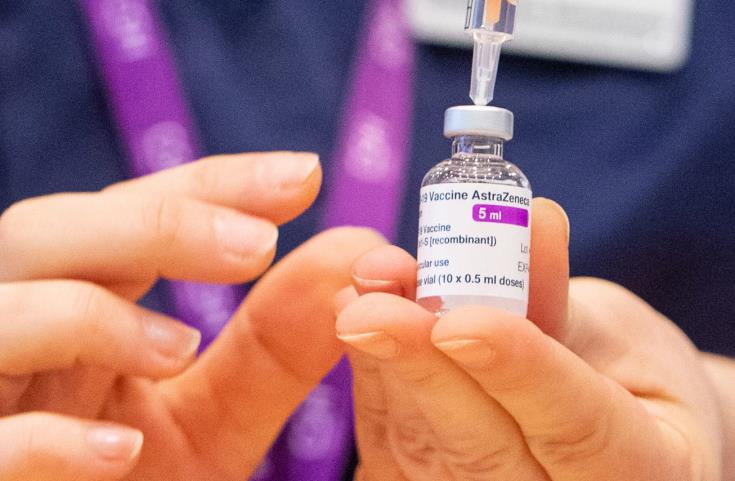A late-stage US clinical trial of the Oxford-AstraZeneca coronavirus vaccine found the jab was effective in preventing COVID-19, while also being safe to use, easing concerns over blood clotting incidents in Europe.
AstraZeneca announced Monday that the stage three trials carried out with 32,449 participants reported no evidence of the thrombosis-related events that have concerned EU countries, leading some of them to suspend the jab.
According to the pharmaceutical, during trials, the vaccine was 100% effective in preventing severe illness and hospitalization, and 79% effective in preventing symptomatic cases of COVID-19.
Among participants 65 years and older, the vaccine was 80% effective, a notable result given early doubts around the lack of data for older patients in Europe.
The trial’s independent data safety monitoring board specifically analysed the results for thrombosis and found no increased risk, and there were no instances of rare blood clotting of brain veins (cerebral venous sinus thrombosis), which had particularly worried Germany.
The study’s results come just days after a number of EU countries, including Cyprus, had suspended the use of AstraZeneca’s jab pending an investigation by the EU’s medical agency.
The European Medicines Agency (EMA) following some instances of thrombosis in patients who were administered the vaccine in EU countries, had been prompted to look into blood clotting incidents involving patients who had recently been vaccinated.
The EMA reviewed only 7 cases of blood clots in multiple blood vessels (disseminated intravascular coagulation, DIC) and 18 cases of CVST.
A causal link with the vaccine is not proven but is possible and deserves further analysis, it noted.
EMA had given the vaccine the all-clear last week, after its safety committee PRAC concluded the vaccine is “not associated with an increase in the overall risk of thromboembolic events or blood clots.”
Most countries, like Cyprus, which had paused the distribution of the vaccine resumed administering it.
However, over the weekend, Denmark reported one death and one hospitalization after the shot, and vaccinations with the jab there remain suspended.
Cyprus had called off vaccinations with the AstraZeneca jab from 15 to restart vaccinations on 19 March.
The AstraZeneca vaccine is what scientists call a “viral vector” vaccine.
The shots are made with a harmless virus, a cold virus that normally infects chimpanzees.
It acts like a Trojan horse to carry the spike protein’s genetic material into the body, which in turn produces some harmless protein.
That primes the immune system to fight if the real virus comes along.










